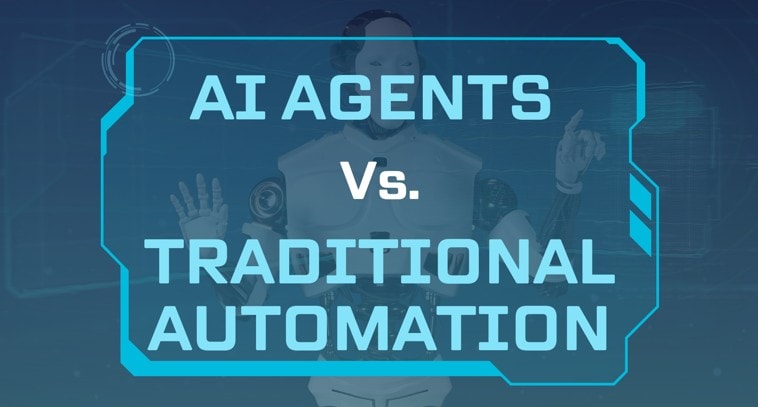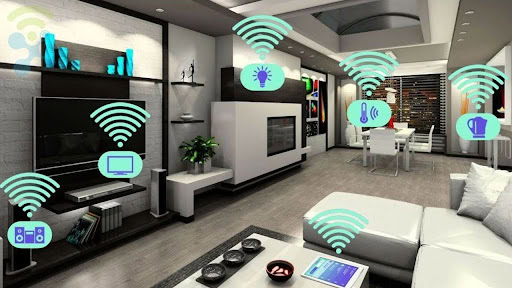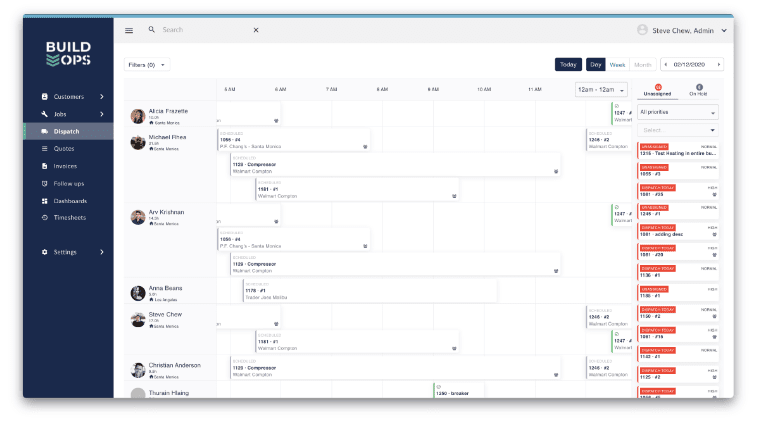The real estate business has recently undergone a change as a result of the usage of technology. While the industry has already seen a substantial influence from automated houses and virtual reality, white-label real estate tokenization and blockchain technologies in particular show great promise for the future.
Although several businesses are benefiting from blockchain technology, the Indian real estate sector would profit the most. primarily because the Indian real estate market, with a value of $1 trillion, might contribute approximately 13% of the country’s GDP by 2030.
According to Cointelegraph, the connection between blockchain technology and real estate has given rise to digital real estate ownership, which makes space available to people with little financial resources. Through tokenized real estate, buyers are anticipated to carry out transactions in an immutable fashion.
When a physical asset is broken up into digital tokens to reflect the underlying real estate with all of its rights and liabilities, this process is known as real estate tokenization.
Real estate tokenization is compared to crowdfunding, which is the division of an asset into smaller portions through the use of a smart contract. Those who purchase or own a token get the right to a piece of real estate.
Regardless matter whether it is residential, commercial, or showpiece property, real estate may be tokenized. Through tokenization, trophy assets may be sold to raise money or for enterprises.

Based on my research, here Top 8 Benefits of Real Estate Tokenization:
-
More transparent and efficient transactions
Real estate transactions are made perfect by a series of holdings and procedures thanks to the decentralization of blockchain. Blockchain assures there is no documentation required for transaction completion by using automated smart contracts as insurance to do away with any human involvement in transactions. Transparency is what the system seeks to provide.
-
Better liquidity
Prior to the advent of digital real estate ownership, investors had trouble with liquidity. A real estate piece’s liquidity grows when it is fractionalized as a result of tokenization. Owners of tokens can easily sell their tokens.
You can also read: What Are the Latest Technology Trends That Can Help Your Business?
-
Opportunity for small-scale investors
For small-scale and individual investors, real estate tokenization has made it viable to participate in that sector. Large assets are divided into smaller portions through tokenization to make them more accessible.
-
A free-flowing market
The goal of blockchain-based tokenization is to bring the real estate sector to a decentralized, bias-free financial system in order to provide all investors with a fair opportunity.
-
Decrease in counterparty risk
With the intention of ensuring better operation of things from a regulatory standpoint, smart contracts have been developed. A chain of transactions is short and eliminates the risk associated with weak links since human participation is minimized. Additionally, counterparty participation is somewhat less.
-
Increases market access
A common misconception about real estate investing is that it is only for the rich. Contrarily, the advantages of real estate tokenization change this mindset and increase the available pool of investors.
Anyone with sufficient funds and access to the Internet may buy, sell, or hold real estate assets from anywhere in the world. Since the tokens (or assets) are fractionalized, you don’t even have to sell the token as a full unit.
-
Unchangeable Proof of Ownership
The real estate industry has seen several high-stakes legal battles over ownership and rights. These could be not only financially taxing but also affect the brand’s value. All ambiguity is eliminated via tokenization. Blockchain ledgers preserve the integrity of the data they contain. Thus, if ownership or partial ownership is declared, historical or current transactions may be quickly assessed.
-
Property Administration
Both tenants and landlords may have trouble making late monthly rent payments or renewing leases. By employing tokens or smart contracts built on the blockchain, this process might be sped up significantly. You may use it to store papers in a database, collect rent on time from tenants, syndicate loans, and expedite the due diligence procedure.
You can also read: What is Affiliate Marketing And How To Earn Money With It?
Is Real Estate Tokenization the Future?
Tokenization and blockchain technology are not insignificant. However, creating a digitally equipped environment is necessary to fully reap the benefits of the technology. The need for a regulatory framework that handles issues with taxation, legal requirements, and cybersecurity is urgent given that real estate tokenization is a relatively new idea in India.
As acknowledged and supported by several academics, real estate tokenization has a promising future. Because of the idiom “The finest investment on the Planet is the earth itself,” which is now accessible to everyone thanks to fractional ownership, some people believe that the economic sector will undergo significant changes as tokenization gains popularity.
The cost of land is constantly rising, and technology is always evolving. The two are developing at such a rapid rate that it looks like just a matter of time until fractional ownership of homes replaces fixed deposits and recurring deposits as the preferred investment vehicles in India.
Would you like to read more about the benefits of real estate tokenization-related articles? If so, we invite you to take a look at our other tech topics before you leave!










